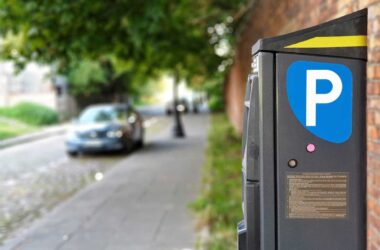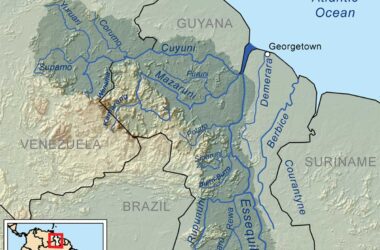WE are calling on the Organisation of Eastern Caribbean States (OECS) Commission to clarify to the people of the sub-region the issues relating to the free movement of goods, people and capital.
Our understanding of this aspect of the sub-region’s integration is clouded, and for good reason which we will explain. But before we do, we ask this question: Are there still barriers presently hindering the full implementation of free movement within Member States?
The OECS is an International Inter-governmental Organisation dedicated to regional integration in the Eastern Caribbean. That we understand. Afterall, the countries making up this umbrella body are in close proximity and share physical and cultural characteristics with each other, therefore coming together to achieve common goals is quite understandable.
This regional grouping comprises 11 countries, seven of which are independent countries, Saint Lucia being one of the seven.
When the 1981 Treaty of Basseterre was replaced in 2010 with a Revised Treaty of Basseterre, an economic union was created intending to move towards a single market with a customs union where the seven protocol countries agreed to trade with each other without any tariffs or other trade restrictions.
What we understood by the above is that when the Revised Treaty was signed on 18th June 2010 in Saint Lucia during the 51st Meeting of the Authority (the heads of the various countries comprising the OECS), it established a single financial and economic space where goods, people and capital either moved freely from that moment onward, or would be able to move freely, within a reasonable time thereafter.
Therefore, imagine our surprise when we learned that the OECS Commission held country missions, two to three months ago, to increase awareness among Member States on the benefits of the Economic Union, promote national action to lead to the full establishment of the free movement of persons, etc., etc.
Are we to assume that 13 – 14 years after the establishment of the OECS single financial and economic space for goods, people and capital to move freely, without hindrance, that this space is still under construction?
We sought some answers from the OECS Commission last Monday on this very same question, to no avail. The person who took our phone call transferred us to another person stating that this second person is better able to deal with our question. That second person transferred our call to the OECS Communications Department. No one in that department picked up our call. We called a second time and was told to leave our name, telephone number and email address and that someone will get back to us regarding our question. The week has ended. No one from the OECS Commission has given us a call.
We ask again, are there still barriers hindering the full implementation of the free movement of goods, people and capital within the OECS sub-region? And if there are no such barriers and the single financial and economic space is in full effect, why the recent country missions, held to increase awareness among Member States on the benefits of the Economic Union and, in particular, to promote national action to lead to the full establishment of the free movement of persons?
What clouds this even more for us is our awareness of the accelerated pace of trans-national integration among Member States, as well as that of the economic union.
The provisions of the Economic Union Treaty, entail, among other things, the free circulation of goods and trade in services within the OECS, free movement of labour, free movement of capital (via support of the money and capital market programme of the Eastern Caribbean Central Bank), a regional Assembly of Parliamentarians and a common external tariff.
And so we reiterate: Where are we at with the free movement of labour, people and capital? Are there still barriers hampering full implementation of the OECS Economic Union? Or, are we way off the mark with our repetitive questions?
Make no mistake, we still believe that the cohesive and interconnected community the Commission is striving to achieve, or has achieved, within the OECS is the best way forward for the countries of the OECS.





